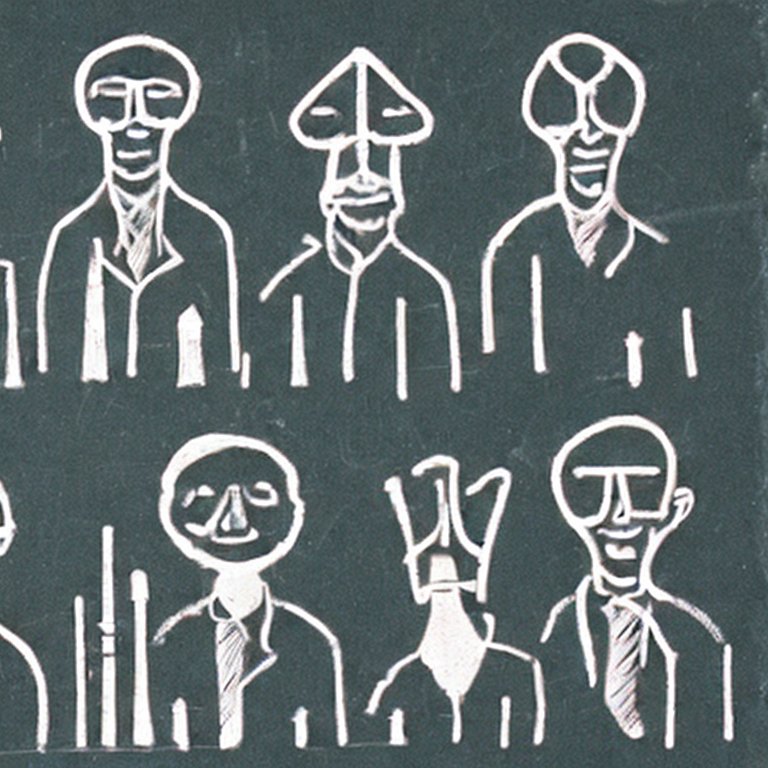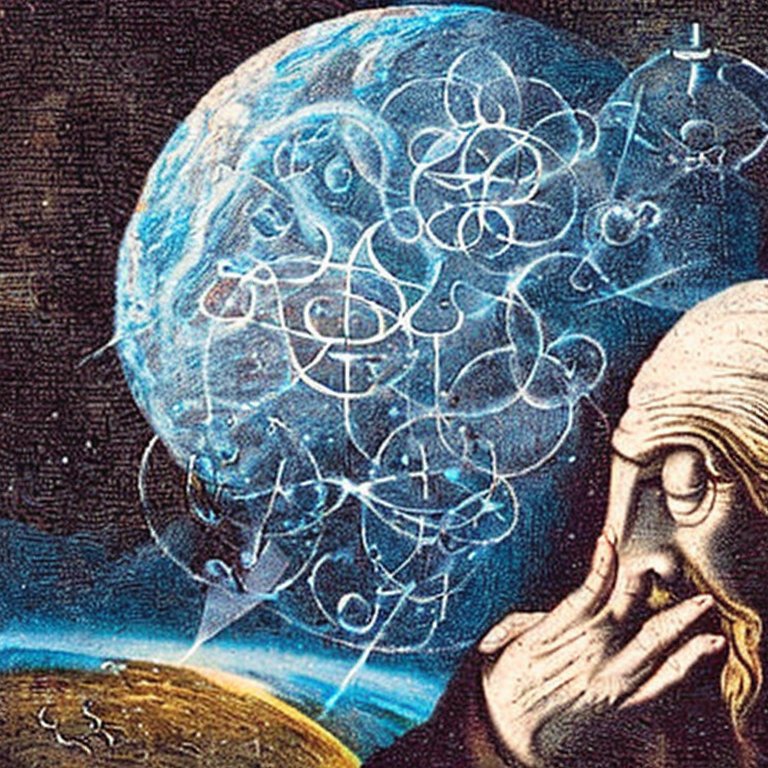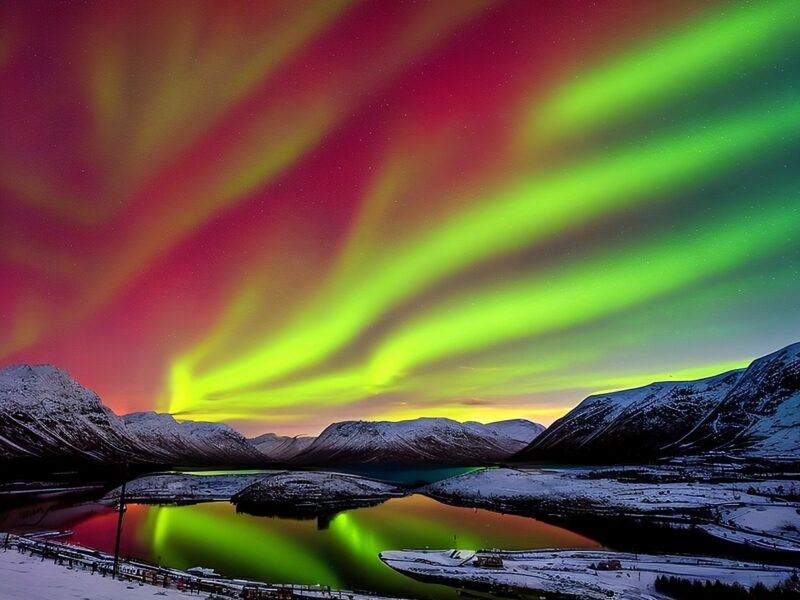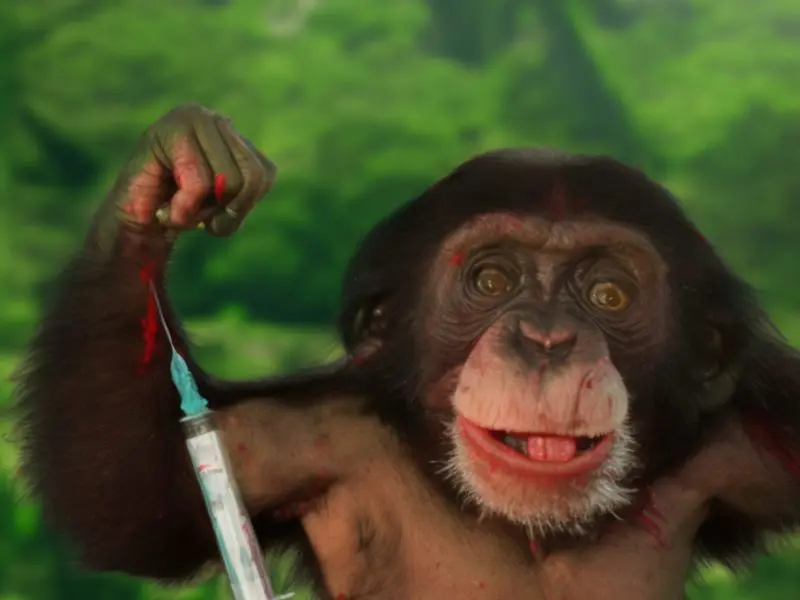In the quest for absolute truth, should you trust science or religion? Although the proof for both is supposed to exist and scientists offer different explanations for all human behavior and natural phenomena, just which is correct is widely debated.
God and science themselves are very similar ideas. But behind that debate lies the difficulty of finding anything concrete. In the world of the physicist or the scientist, there is a strange logic of subjective value and feelings that, while they provide a logical basis for any action, do not make sense in our human experience.

Science only establishes facts about the natural world but does not verify facts about belief in God or religion. Unlike religion, it does not have ultimate authority, but it is believed that the search for truth can resolve many of the most outstanding questions in life.
The Big Bang theory proves to be inconsistent. Two particles have existed throughout our periods of existence until our days. They have been created out of thin air by a chain of mathematics that does not make sense to those who believe that the Bible offers the answers to life’s problems.
We are not suggesting that religion is the only answer to this complex question. In its paradoxical way, religion states that it is possible to grow and expand life to those extraordinary dimensions that science now suggests could exist. Still, it would undoubtedly reduce the paradox that the only way to start such an observation was a vast and ferocious explosion in the very midst of the known universe.
Most religious people want to work towards something more than success in social status. As religion grows, the perspective gradually opens to more realistic solutions such as solving human problems, trying to improve lives, and sometimes the hope of life going on forever. The consequence of this is an increasing absence of disbelief. At times, scientists may find themselves being part of those rare scientific beliefs that, if true, suggest that we are not in a continuous circle of ever-growing knowledge. This is the contradiction that science clearly exposes.
But this duality of understanding is what brings the paradox to life. After centuries of growing evidence in the first world about the existence of religion, scientists are still faced with the lack of one logical explanation for human behavior that is accepted by everyone. This is paradoxical. This new scientific view of religion is simply born of a belief that if scientists have found a god, then God may exist. The absolute confidence that to believe in such a God would force humans to modify the foundation of knowledge that human life has developed.
This brings us to one of the big questions of religious belief: whether creation can ever be justified by science. No rationalist of the first world can claim to offer a definitive answer to this complex question. It requires a philosophy that recognizes the humanity of all, as well as spiritual and transcendental consciousness.
There may not be proof of evolution or other scientific explanations, but we should take them at face value. Like the findings of modern physics and biology, they are something to be questioned but also considered rationally and thought-provoking. It does not require a time machine to understand the weirdness and intelligent solutions of the paradox that is religion. It is a paradox that, for most of history, humankind did not know how to accept, nor do we know how to explain.

Humanity is grappling with this massive problem of death and grief daily. Science allows us to make our experience more understood, with more perspective, in the best way human creativity and intuition have proven to offer. Whether we think or not, it is incredible how creation leads to the great mystery of humanity and ends up attracting the need to think through the design, the cause of a cause. In the end, science teaches us how to understand not only what we think about the universe but of ourselves.
We believe that the evolution of our life on earth is a continuous process that is only beginning to make us who we are.
This is an original article published exclusively by Jacker Magazine. We encourage and welcome your feedback. Feel free to leave a comment below. Do not hesitate to contact us if you have other questions, suggestions, or proposals. We look forward to hearing from you.
Share this article

